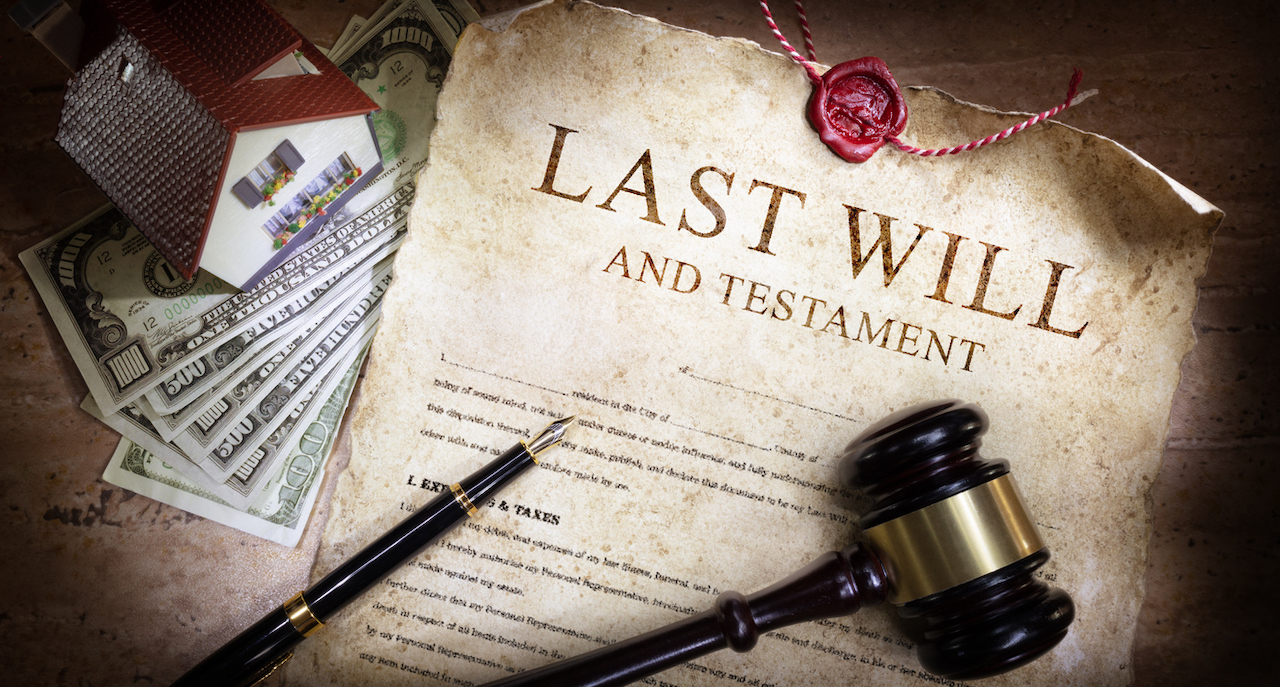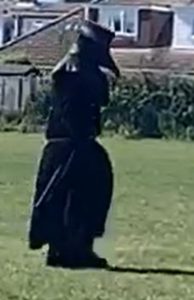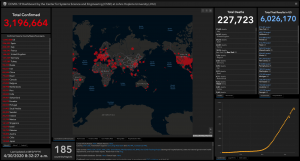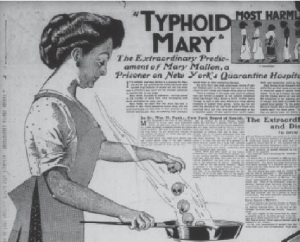Thursday 30 April 2020

Only 40% of adults have made a Will
I have decided to adopt the same psychology that I used during the Brexit discussions between the political parties – to stop listening to the news. News bulletins are similar to chocolate. If I see some, I have to eat it. I never leave a piece of chocolate for later and always eat everything at the time. I understand this is because dopamine is released into my brain when I eat the stuff. Dopamine is a recognised stress reliever. Ladies be warned, the evidence suggests that women are more easily addicted to chocolate then men, so there are others around who are clearly worse than me. Meanwhile news addiction is a recognised condition and is known to blunt judgement and encourage depression. Some become so obsessed that they seek hypnosis as a cure.
When I listen to the news, I appear to be continually hearing politicians and journalists trying to make personal capital, rather than addressing the matters that immediately concern the country. Lockdown is also fragmenting, faster than our leaders would wish. My morning stagger-stumble showed it all. In less than 30 minutes, I passed a couple wrapped within a duvet in a parked car near Bond Street. I suspect they had slept there overnight, presumably to save commuting the next day. Fifty metres further on, I rounded a corner to find a man peeing in the gutter. He continued without batting an eye, as I took major evasive action. As best I could tell, he did not even know I was in the vicinity. Around the next corner I nearly collided with a fellow pedestrian, although I dived to one side to avoid him, as he coughed loudly, rich and bubbly, but without any sign of protection. No elbow, no forearm, not even a hand. Just a street full of productive cough, which narrowly missed me.

A plague doctor goes for a walkabout (Jade Gosbell:PA)
“Oi!” I shouted.
He did not look up, but carried on his way, coughing, spluttering and bubbling.
My country seems to be filled with people who behave as they wish, regardless of regulation, while being sure to criticise others. No wonder lockdown is crumbling.
Meanwhile there are others who see a funny side, at least there is one in the Norwich suburb of Hellesdon. A figure was recently seen, and photographed, in 17th-century plague dress, wearing the pointed-beak mask that gave doctors the nickname of “quack”. Police are apparently seeking the individual to give him, they say, “words of advice.”
Germany says it is different and there is no doubt its figures are presently better than ours. A little while ago there was a letter in The Guardian newspaper, which summarised the feeling well. It was by a Christina Fuchs, presently living in Bavaria, who was passing comment on why Germany seems to be doing better than many other countries. She wrote:
“The contrast is glaring. German politicians appeal to the public for understanding of their decisions to curb personal freedoms, they don’t need to justify their inaction. German politicians, together with their scientific advisers, explain the reasons for harsh measures, they don’t write off experts. German politicians don’t need to hark back to a glorious wartime spirit, that hardly anyone alive remembers. With their refusal to join an EU procurement scheme for essential equipment, the British government has put Brexit ideology over people’s lives. It is the conceited self-importance of a political elite that regards politics as a continuation of the fun they had in Oxbridge debating societies, that is at the heart of their inability to deal with a serious crisis.”
I disagree with some of what Christina Fuchs says, and I doubt she would vote Tory, but her views are held by many.
For various reasons I have been in touch with many care homes in recent days, as they seek to involve me in some of what they do. They need a medic to filter out some of their queries and appear to think I can help. The change from surgeon to care-home adviser will be a steep learning curve, but I am reading whatever I can to achieve this. Who knows, I might even become an expert? I have said I would be delighted to help but, at the moment, the NHS is struggling through my papers. It has everything it needs to make a decision, but I have been told not to contact them for six weeks as they are so snowed under. If I hear nothing by then, I have a number to ring. No wonder the country has so many frustrated volunteers.

The situation this morning – 30 April 2020 (courtesy Center for Systems Science and Engineering at Johns Hopkins University)
The numbers in the care homes are frightening and it is clear they have long been a forgotten sector. Shopping is difficult, PPE is difficult, hospitals may not admit patients from care homes, and GPs may not even enter a care home to certify a death. That is done by video. Drugs are also being held over after someone dies, to be used by the living. These are major issues and must expose the care homes, and their staff, to huge risks. PTSD is but one. No wonder the sector is now receiving more overt support from the government. Families on the outside may well ask about their relatives on the inside but I wager many of the questions cannot be properly answered.
The situation in UK can be repeated globally. The Monte Hermoso care home in Spain’s Madrid is another example and gave rise to some tragic stories some six weeks ago, when nearly 20 patients died, with ten bodies stored in the cellar, awaiting collection. Spain has 5417 care homes, and many have been described as having precarious conditions. When soldiers were tasked to clean some of the care homes, there were reports of dead being found abandoned in their beds.
There have been many deaths in care homes throughout the world in recent weeks. To some extent that is something a care home must handle, even in normal times. Yet in the middle of this Covid Crisis, it is a sector in urgent need of an overhaul, which will not be easy. Right now, there are nearly 411,000 people in UK care homes, which is roughly the population of Bristol.
With so much focus on death these days, unsurprisingly the solicitors are having a field day in writing Wills. The National Will Register has reported increased activity in recent weeks and many people are thinking of making and updating their Wills for fear of what may lie ahead. At present, barely 40% of the UK adult population has made a Will. As for me, my legal friends roll their eyes in horror when I describe my lack of preparedness. I blame the Army, as whenever we were sent on operations, part of the process was to make a Will. I must have done that a dozen times. I had this unreasonable view that it was tempting fate to make a Will, and that I should ensure my own demise was as awkward as possible and leave it to others to sort out. Covid-19 is making me view things differently, although as yet I have not decided to update my Will. Which is more than can be said for my friends, who are busy giving their lifesavings to charity and ensuring the taxman takes as little as possible.
Today was another working day when I did my bit for staff bellies at a London teaching hospital. The supermarket is very slowly taking shape. There is a personal ritual I go through before I head from my apartment to work. The hospital is a Covid Centre, so the drill is as it was in my earlier years, when I was a motorcyclist. To stay in one piece in a Covid-19 environment work on the basis that everyone you see is trying to kill you, however well-presented they may seem. That way you have a chance of staying in one piece.

Typhoid Mary (Mary Mallon), who remained healthy but infected many others
If there is any doubt about whether someone is infected, think of Typhoid Mary. Irish-born, in 1906 Mary Mallon was engaged as a cook by the Warren family in New York. Soon after she started, six of the 11 members of the Warren household fell ill with typhoid. In those days, the mortality of the disease was 10%. By 1907, almost 3000 New Yorkers had developed typhoid, with Mary being the likely reason for the outbreak. She was eventually caught, and her faeces cultured. Salmonella typhi, the bacterium which causes typhoid fever, was found, even though she had never experienced symptoms of the disease herself. Even before Mary had started work with the Warren family, she had previously cooked for eight other families. Seven of them had developed typhoid fever, and some people had died. Typhoid Mary was never cleared of the disease and finished her life in isolation. At autopsy they found the bacterium in her gall bladder, which is where it is sometimes known to hide.
On the basis that there are modern equivalents of Typhoid Mary out and about, before I leave my London apartment, I make myself as bombproof as I can. I start by washing my hands and forearms as if I am about to do an operation. Next I squirt First Defence up each nostril, which makes my nose run. I then cough, splutter, feel as though I am being strangled, and my eyes fill up with water. The First Defence instructions tell me that is normal. I then have a glug of Sambucol, which is meant to boost my immune system. I have no evidence that any of this works, apart from the handwashing, of course.
Yet in these hazardous times, it means I go to work with the right psychology, as Covid-19 is not a disease I seek. When my working day is over, and I have made it back to my apartment, I touch nothing with my hands, shower immediately, and wash all my clothing. I do exactly the same day after day.
I will do this until somebody invents a vaccine.
